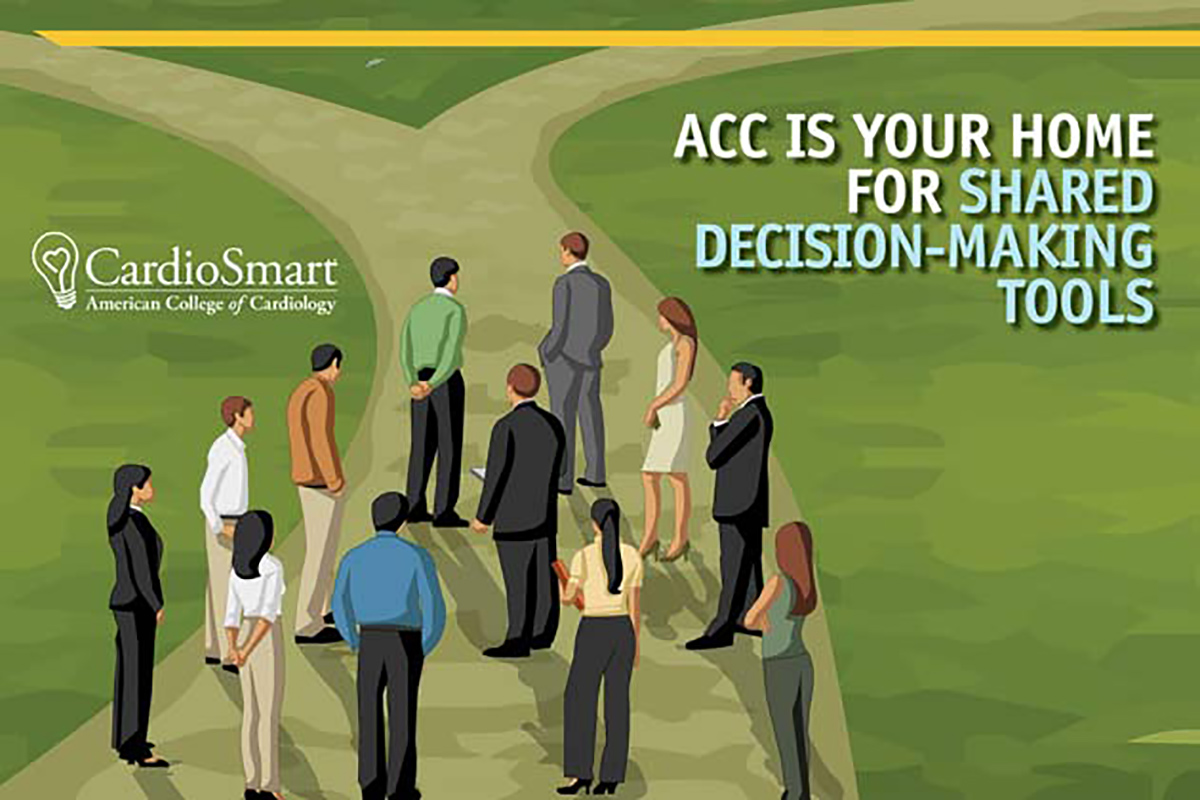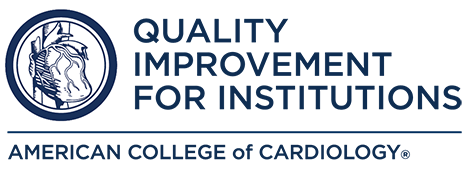Shared Decision-Making
Shared Decision-Making is an essential part of the clinician-patient relationship, improving accuracy of the patient's risk perception and clinician satisfaction. Done properly, it helps clinicians navigate patients' wide-ranging therapy options along with consideration of the patients' goals.
WHAT Are the Essential Elements of Shared Decision-Making?
- Recognize that a decision is needed.
- Discuss risks and benefits of treatment options:
- Risk Assessments
- Tailored Decision Aids
- Incorporate the patient's values and preferences into the decision.
HOW Is Effective Shared Decision-Making Done?
- Communicate with the patient about the outcomes that are most important to him or her.
- Make trade-offs among options clear to the patient (e.g. stroke vs. bleed risk).
- Take into consideration patient preferences and values.
WHERE Can I Find More Information?
Video
The video below showcases shared decision-making processes and real-life examples.
Webinar
Check out this shared decision-making webinar, helping clinicians understand the importance of shared decision making and how to easily incorporate it into daily practice, strengthening the clinician-patient relationship along the way.

Decision Aids
The ACC has developed several Decision Aids to help patients, working with their clinician, make the treatment options that are best for them. Current Decision Aids cover topics such as stroke prevention for atrial fibrillation (AFib), transcatheter aortic valve replacement (TAVR), and medication optimization for heart failure (HF). Find out more and download these tools for free at CardioSmart.org/DecisionAids.
Infographic
Check out CardioSmart's Shared Decision-Making Infographic offering a visual summary of how patients can talk with the clinicians about their treatment options.
This web page was created with support from Boston Scientific Corporation.

